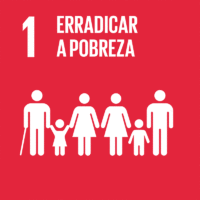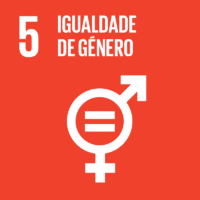Ciência_Iscte
Publicações
Descrição Detalhada da Publicação
Título Revista
PLoS One
Ano (publicação definitiva)
2015
Língua
Inglês
País
Estados Unidos da América
Mais Informação
Web of Science®
Scopus
Google Scholar
Abstract/Resumo
Objective: This paper analyzes the impact of wealth on the use of contraception in Mozambique unmixing the contextual effects due to community wealth from the individual effects associated with the women's situation within the community of residence. Methods: Data from the 2011 Mozambican Demographic and Health Survey on women who are married or living together are analyzed for the entire country and also for the rural and urban areas separately. We used single level and multilevel probit regression models. Findings: A single level probit regression reveals that region, religion, age, previous fertility, education, and wealth impact contraceptive behavior. The multilevel analysis shows that average community wealth and the women's relative socioeconomic position within the community have significant positive effects on the use of modern contraceptives. The multilevel framework proved to be necessary in rural settings but not relevant in urban areas. Moreover, the contextual effects due to community wealth are greater in rural than in urban areas and this feature is associated with the higher socioeconomic heterogeneity within the richest communities. Conclusion: This analysis highlights the need for the studies on contraceptive behavior to specifically address the individual and contextual effects arising from the poverty-wealth dimension in rural and urban areas separately. The inclusion in a particular community of residence is not relevant in urban areas, but it is an important feature in rural areas. Although the women's individual position within the community of residence has a similar effect on contraceptive adoption in rural and urban settings, the impact of community wealth is greater in rural areas and smaller in urban areas.
Agradecimentos/Acknowledgements
--
Palavras-chave
Classificação Fields of Science and Technology
- Outras Ciências Naturais - Ciências Naturais
Registos de financiamentos
| Referência de financiamento | Entidade Financiadora |
|---|---|
| PTDC/CS-DEM/108033/2008 | Fundação para a Ciência e a Tecnologia |
| UID/SOC/03126/2013 | Fundação para a Ciência e a Tecnologia |
| UID/GES/00315/2013 | Fundação para a Ciência e a Tecnologia |
Contribuições para os Objetivos do Desenvolvimento Sustentável das Nações Unidas
Com o objetivo de aumentar a investigação direcionada para o cumprimento dos Objetivos do Desenvolvimento Sustentável para 2030 das Nações Unidas, é disponibilizada no Ciência_Iscte a possibilidade de associação, quando aplicável, dos artigos científicos aos Objetivos do Desenvolvimento Sustentável. Estes são os Objetivos do Desenvolvimento Sustentável identificados pelo(s) autor(es) para esta publicação. Para uma informação detalhada dos Objetivos do Desenvolvimento Sustentável, clique aqui.

 English
English




